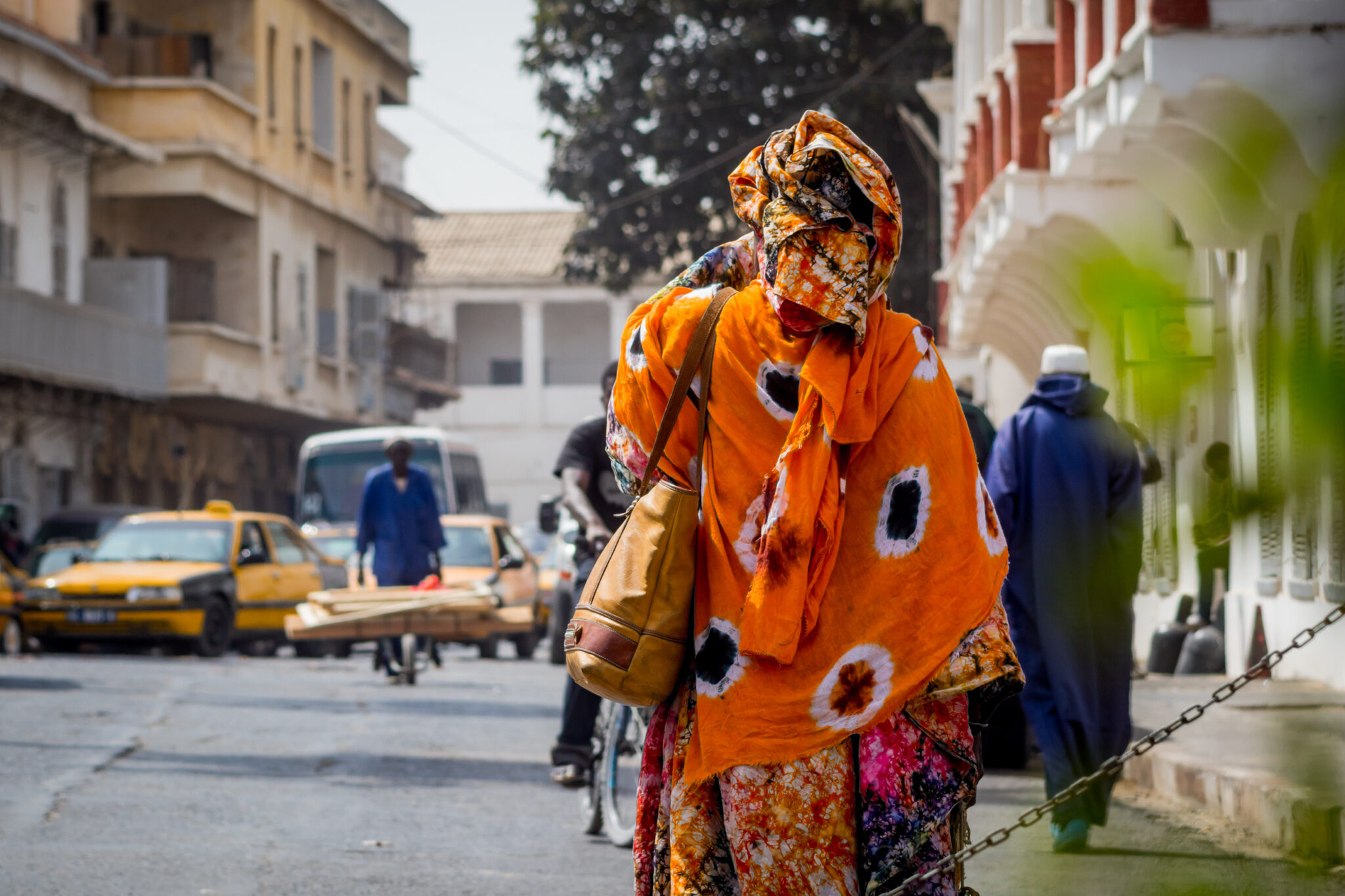Modernizing property tax collection in Senegal

Woman on the streets of Sant Louis, Senegal during midday.© Anze – stock.adobe.com
Researchers have partnered with the national tax administration to develop, implement, and evaluate a digital property tax management system, directly helping raise tax revenue that funds Senegal’s national development strategy.
To pay for public services and foster economic growth, the Senegalese government aims to improve its tax collection. This goal is formalized in Senegal’s ten-year development strategy (2014 – 2023), the Plan Sénégal Emergent (Plan for an Emerging Senegal). As of 2018, the tax to GDP ratio was 16.4%, nearly half of that of rich countries.
In particular, property taxes in Senegal only amounted to 0.4% of GDP, about one fifth of what they could be. A baseline survey in the capital city (Dakar) similarly estimated that only 20% of potential property tax revenue was collected in 2018. Only 13% of taxpayers paid property tax that year and 40% of owners reported not paying property taxes neither in the current nor past year.
With funding from the Economic Development and Institutions (EDI) program, managed in part by CEGA, researchers Denis Cogneau, Marc Gurgand, and Justine Knebelmann (Paris School of Economics), Victor Pouliquen (Oxford), and Bassirou Sarr (IMF) partnered with the national tax administration (DGID) to develop and implement a modernized property tax management system, then roll it out through a randomized controlled trial (RCT) in Dakar. For two years, the researchers worked with DGID and a local IT firm to develop an application that would help DGID keep track of properties, property values, locations, and predict what a property’s valuation should be. The project team, the tax administration, and the developers designed the application collaboratively. The researchers then collaborated with the local taxation office to train field agents on the new application, to inform municipalities which areas should be surveyed (the treated sections of the RCT), and to supervise the implementation of the property tax census.
Researchers are now midway through introducing this modern tax system that is directly helping the Senegalese tax authority increase property tax compliance rates in Dakar. The researchers’ ongoing collaboration with the Senegalese tax administration has led to the administration incorporating the application developed through the project into their IT system, and expressing interest in scaling-up the most effective version of the program per the results of the evaluation.

